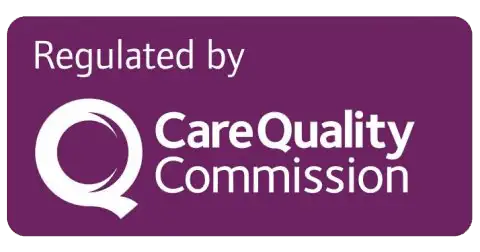Alcohol addiction can be challenging to recognise, especially when the signs are subtle or when it’s hard to admit that drinking has become a problem. Knowing when to seek help is important as early help can significantly improve the chances of a successful recovery.

If you or someone you know in the West Midlands might be struggling with alcohol use, here are five key signs that it might be time to consider alcohol rehab.
1. Drinking to Cope with Stress or Emotions
One of the early signs of alcohol dependence is using alcohol to manage stress, anxiety or depression. If you or a loved one regularly turns to drinking to cope with challenging emotions or daily pressures, it may be sign of a deeper issue. While alcohol may initially seem like a quick way to relax, over time, this pattern often escalates, requiring larger amounts of alcohol to achieve the same effect. Rehab provides healthier ways to handle stress by teaching useful tools to cope with these, without having to rely on alcohol.
Take a look at this NHS page for alternative coping mechanisms.
2. Inability to Limit or Control Alcohol Intake
Have you noticed that once you start drinking, it is difficult to stop? Or maybe you often end up drinking more than you intended, despite wanting to cut back? Struggling to control alcohol intake, even when you want to, is a common sign of dependency. Alcohol rehab programs in the West Midlands are designed to help people regain control over their drinking habits, offering structured support and guidance.
3. Neglecting Responsibilities and Relationships
Alcohol addiction often leads to a change in priorities. If drinking is causing you to neglect family, work or personal responsibilities, it may be a clear sign that alcohol is taking a central role in your life. Missed workdays, conflicts with loved ones or failing to follow through on commitments are all common signs. In rehab, you can focus on repairing relationships and learning how to build a balanced life without alcohol.
4. Experiencing Withdrawal Symptoms
Experiencing withdrawal symptoms, such as sweating, shaking, nausea, anxiety or irritability when you try to cut back on drinking, is a clear sign that the body has become dependent on alcohol. Withdrawal can be uncomfortable and, in some cases, dangerous. In a professional rehab setting, especially with medical detox options available in the West Midlands, you can go through this process safely, with the support and monitoring needed to manage symptoms effectively.
5. Continued Drinking Despite Negative Consequences
If drinking is affecting your health, career, or relationships, and you find it challenging to stop despite knowing the consequences, it may be time to seek professional help. Over time, alcohol abuse can lead to severe health issues, including liver damage, heart disease and mental health conditions. Rehab provides an environment to focus on your health, with medical staff and counsellors available to address both the physical and psychological effects of alcohol use.
If you recognise any of these signs in yourself or someone you care about, reaching out for help can make a difference. Alcohol rehab isn’t just about stopping drinking; it’s about learning to rebuild a life with healthy habits and meaningful relationships. There’s no shame in seeking support, it is a courageous choice that can set the stage for a brighter, healthier future.









